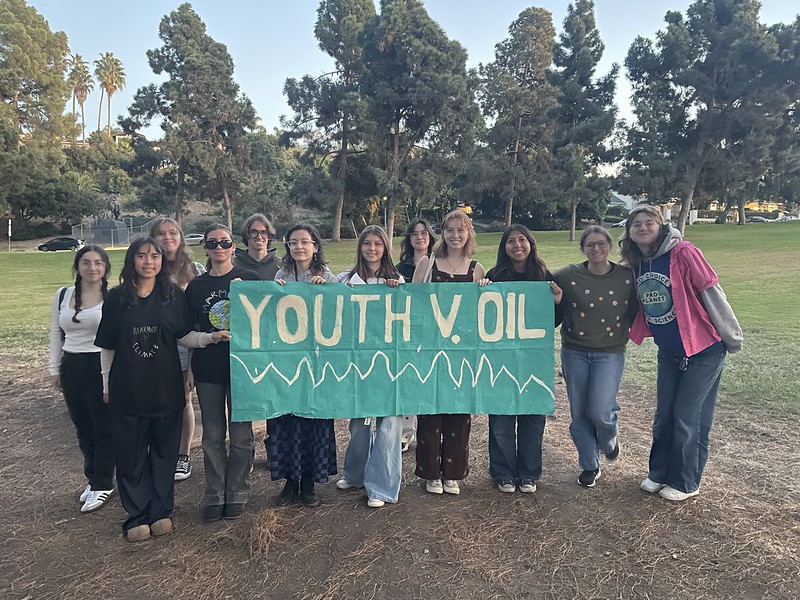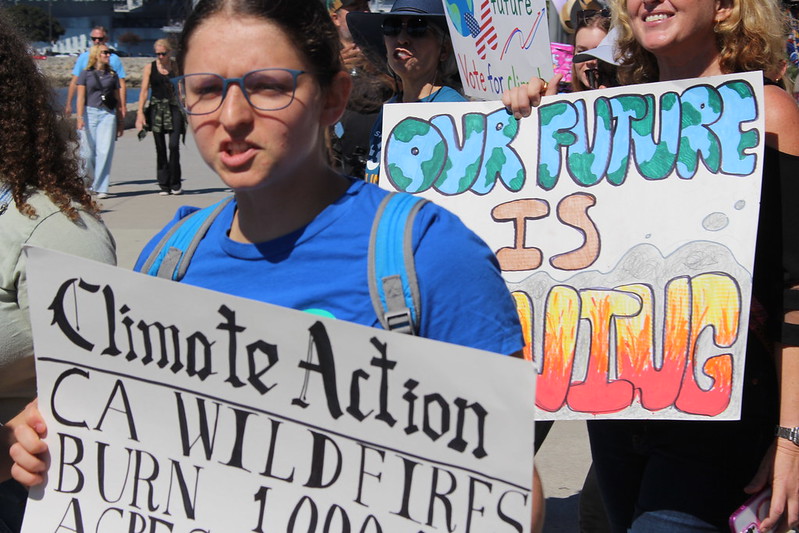Fossil Fuel Divestment
Youth v. Oil is working to build union support for CalPERS and CalSTRS divestment from fossil fuels. We are meeting with local union leaders and our teachers to get their endorsements. Join Youth v. Oil to get involved!
What is divestment?
Divestment refers to when a person, organization, or company sells off their investments to avoid supporting something that they consider harmful. We are advocating that the two largest pensions in the nation, the California State Teachers’ Retirement System (CalSTRS) and the California Public Employees’ Retirement System (CalPERS), divest from fossil fuels. These pension funds hold billions of dollars in investments in the fossil fuel industry, fueling Big Oil’s continued destruction. Divesting from Big Oil is crucial in reaching California’s carbon-neutral climate goals, by minimizing the artificial inflation of the fossil fuel industry and putting our resources towards a transition to renewable energy.


